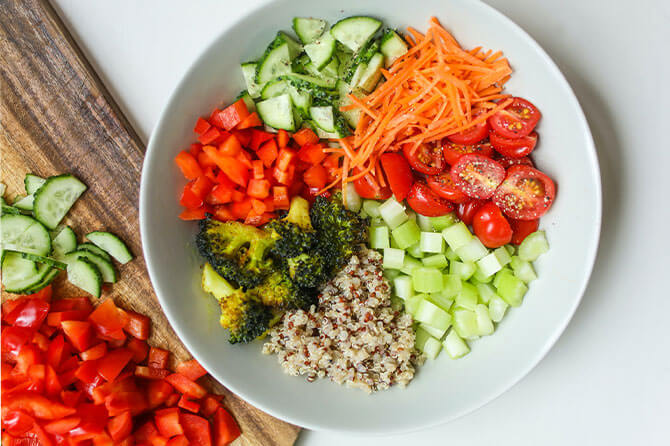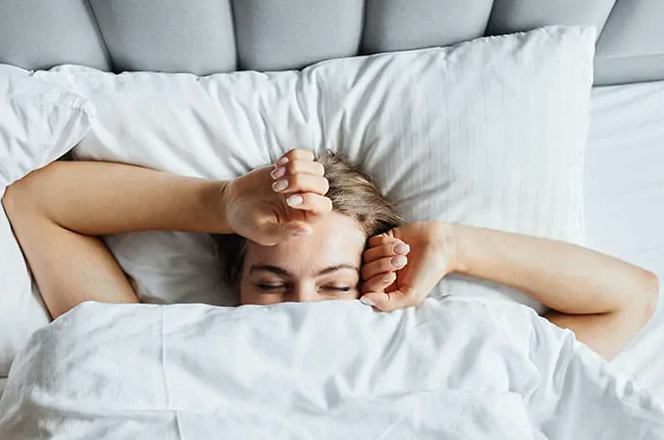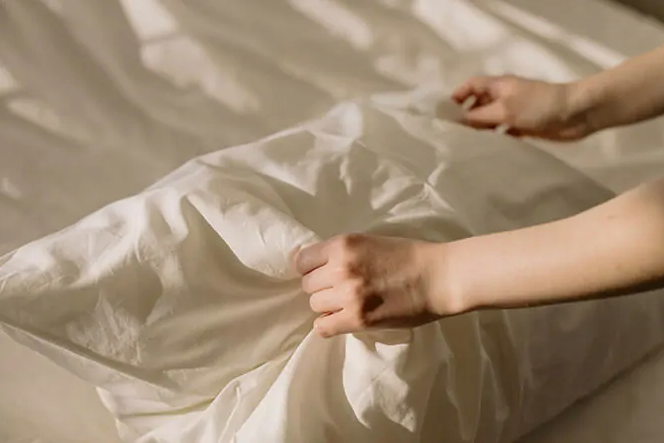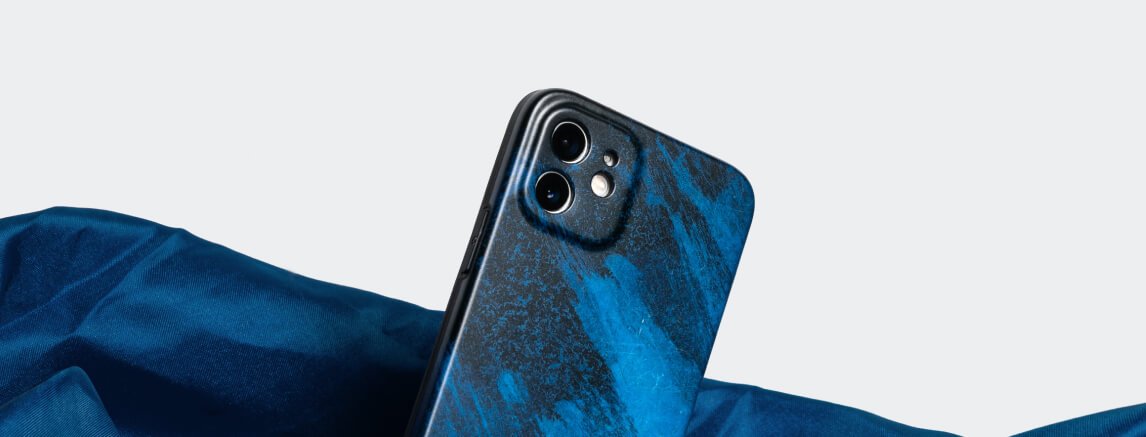Tips for Better Sleep by Brentford FC
What are you sharing with the Premier League footballer?
If you have answered “precision accuracy in set-pieces” or ‘blendering pace on in the left-hand wing’ you should consult your local team of five-a-side immediately.
If, as we do you think you’ve got nothing the same way as the elite athletes, then… you’re mistaken. We’d even be so bold as to declare that the main factor behind their stunning on-field performance and your day-to-day hustle are the same thing.
Because the most important ingredient is sleep.
To demonstrate their dedication to better sleeping, Brentford FC (who teamed with us last year as their official partner in sleep) collaborated with sleep expert, Anna West of Sleep2Perform in order to understand how to get better sleep. Now, we’re passing these tips to you so that you can also sleep better.
How to Sleep Like a Premier League Footballer
From late-night matches to regular European travel It can be challenging for footballers to get eight hours of sleep each night.
Anna West believes that this unstable state of affairs is contrary to the person’s biological nature and the lack of sleep it brings can be a significant risk to their health and performance.
While she was speaking specifically about footballers, the concept is universal. Simply stated, sleeping better enables you to hit every cylinder, no matter which field you’re playing in.
However according to Anna suggests, any changes to sleeping patterns should be made slowly or cortisol, known as the stress hormone may cause problems and even worsen the problem.
So, in the hope of bringing everyone to sleep we thought we’d tell you what we’ve gained from our relationship together with Brentford FC.
Diet
If you’re a frequent eating late, this article is addressed to you because eating right is crucial to releasing the proper hormones that allow for a natural, peaceful sleep.
Did your parents bemoan the fact that you consumed a takeaway meal at 11pm? or strongly caution you against making pancakes at the spur of the moment after an evening out?
They were right.
Snacks at night are acceptable however, eating large meals at night can adversely affect the circadian rhythm (your body’s internal clock) and interfere with your sleep.

Alcohol
When it comes to sleep-related myths no one is more popular in the myth-detector than belief that alcohol can help you sleep.
It’s everywhere. It could be a sleepy-sleeping the TV sipping on the scotch they’ve had or a drunk student snoring so peacefully that they do not miss an important lecture.
However, in reality contrary to what is said.
Alcohol can significantly affect the quality of our sleep due to the fact that it drastically increases blood pressure as well as redirecting the body’s energy to process the alcohol rather than on healing and repair.
As with food, you should restrict your drinking before going to going to bed, and ideally allow the body time to detoxify those drinks prior to settling down to sleep.
Napping

Ah, naps. A double-edged sword in realm of sleep science capable of helping or hinder your sleep based on the timing.
If it’s you’ve planned it well an unintentional snooze could make you feel alert and refreshed. If you don’t manage your naps they could cause destruction on your sleep patterns.
A prolonged nap can disrupt your circadian rhythm, which makes it difficult to fall asleep in the night, as your brain is battling to create sleep hormones and thinks that it’s sleeping. (Still in our midst?)
If you’re not able to stop taking napping time, you might want to plan them out more carefully. For instance, you can choose the best time to sleep and set an alarm so that you don’t sink into a state of dreamland that is too deep.
Light
Answer honestly: Do you check your phone before going to going to bed? Do you sleep with a light on? In either scenario, you’ren’t doing your sleeping cycle any favors.
Although it is a common dispute starting point the blue light produced by electronic devices tricks the body into thinking it’s the day, and when Brentford FC players should avoid watching the goals they scored, their saves and attacks at night, and be able to resist the urge to do another scroll on Twitter.
As for staying in bed with lights on? Avoid. The reason is that melatonin – one of the hormones that induce sleep – is a negative reaction to light. So, while it might be cozy but it’s more likely to disrupt your 40-night slumber.
If you’re sleeping with the light in the room for a particular reason, you should utilize the lowest level of light for the least disruption.
Sleep Hygiene

It’s a hazy word, isn’t that?
A quick online search can yield thousands of results. A more general definition is ‘habits behavior, behaviors and environmental conditions which can be modified to help you get an improved night’s rest’.
No matter how often you change your sheets, or how often it is that you turn your bed more hygiene in your sleep will result in better sleep.
For instance, it’s crucial to wash your sheets regularly since dust mites can cause irritation to your airways and cause you to cough. This will affect how well you sleeping.
Ambient temperature is crucial too in the event that you don’t have a ventilated mattress, think about opening your windows for 10 minutes prior to going to bed in summer to avoid overheating.

